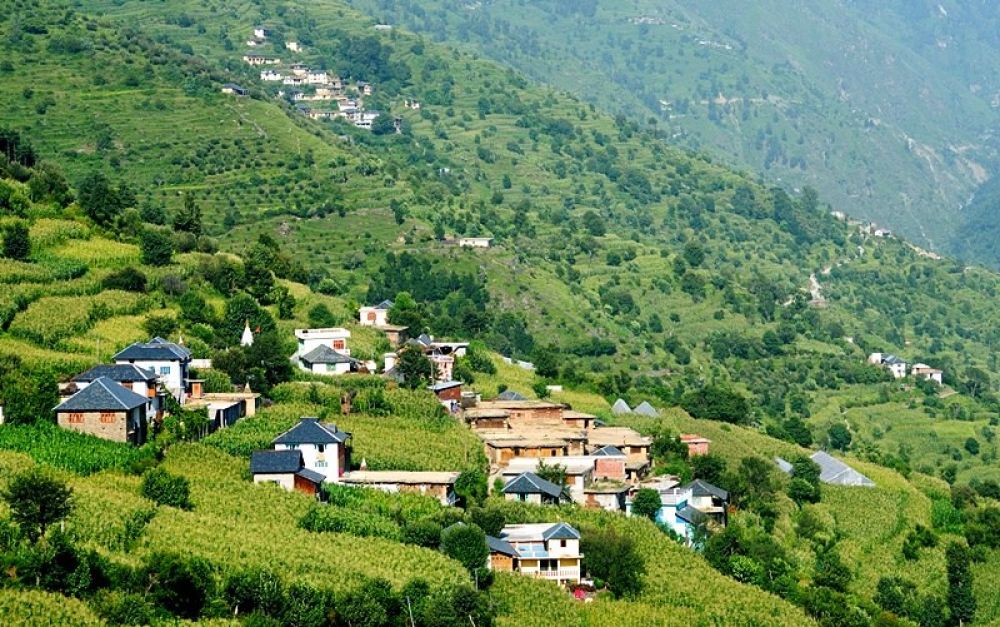

The quaint town of Chamba, nestled in the northwestern part of Himachal Pradesh, is known for its breathtaking beauty, rich cultural heritage, and ancient history. The region, named after a local princess, Champavati, boasts an impressive lineage of rulers and a plethora of historical monuments dating back to the 4th century AD. However, it wasn’t until the British colonial era that Chamba began to emerge as a tourist destination.
Prior to the establishment of British colonial rule in India, Chamba was relatively unknown to the outside world. Its isolation helped preserve its unique culture and traditions. The town’s history of tourism effectively began in the 19th century when British officers started exploring this region as a summer retreat from the heat of the Indian plains.
The British played a significant role in laying the foundations for Chamba’s tourism. They introduced better road connectivity and easy accessibility to the area. With improved infrastructure, came the first wave of lodgings and other amenities for travelers. The construction of the charming Church of Scotland in the early 20th century is an example of infrastructure developed to serve the small but growing community of visitors.
Following India’s independence in 1947, Chamba slowly began to attract the attention of domestic travelers, historians, and adventure seekers alike. Numerous initiatives undertaken by the Indian government promoted Chamba as a hub of cultural richness and ecological diversity.
It wasn't until the late 20th century when the tourism industry in Chamba truly began to flourish, thanks to the state's focused efforts in promoting its natural beauty, cultural festivities, and historical significance. The introduction of festivals like the "Minjar Mela" and "Sui Mata Festival" have become significant attractions. Participating in these celebrations offers visitors a deeper understanding of the region’s customs and the locals’ way of life.
In more recent years, tourism trends in Chamba have shown a propensity towards experiential and sustainable travel. Visitors seek authentic experiences that range from living in homestays to participating in local agricultural practices. There is a rising trend of eco-tourism, which emphasizes travel that is environmentally responsible and supports the welfare of local communities.
Adventure tourism is also on the rise, with activities such as trekking, river rafting, and camping in the vast landscapes of the Chamba Valley appealing to younger demographics and adventure enthusiasts.
Chamba is renowned for its handicrafts and artwork, particularly the Chamba Rumal, a form of embroidery which has been recognized as part of India's cultural heritage. Promotion of these crafts has added another layer to the tourism experience, attracting those interested in the textile history and craftsmanship of the region.
The digital revolution has brought Chamba into the limelight, making it more accessible to a global audience. Social media and travel blogs continually showcase the marvels of Chamba, from its ancient temples to the charming Ravi River, thus contributing to a consistent growth in tourist arrivals.
In conclusion, tourism in Chamba has evolved from the esoteric hideaways sought out by colonial officers to a well-loved destination celebrated for its serene natural beauty, cultural integrity, and adventurous possibilities. Chamba continues to enchant visitors and is likely to do so for many years to come, with careful preservation of its remarkable heritage and environment.